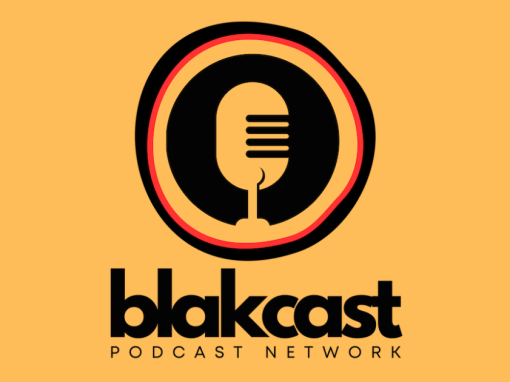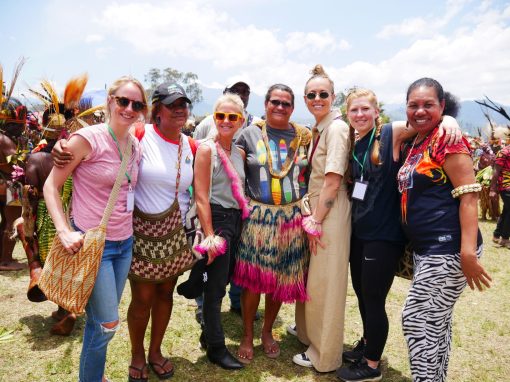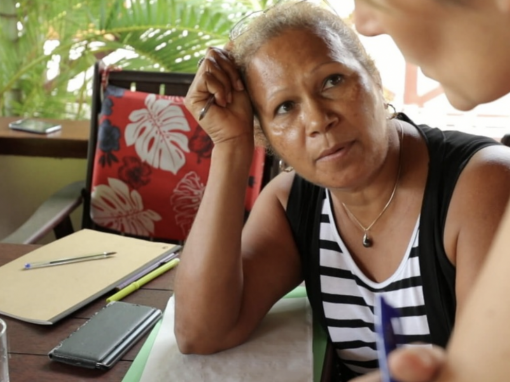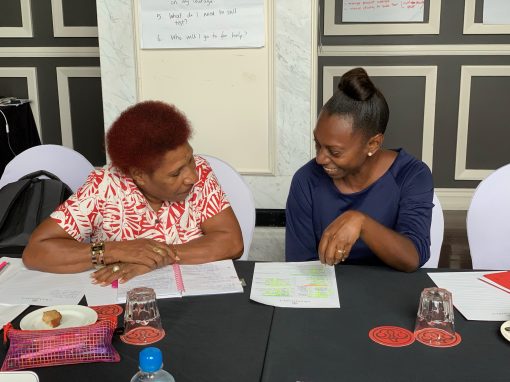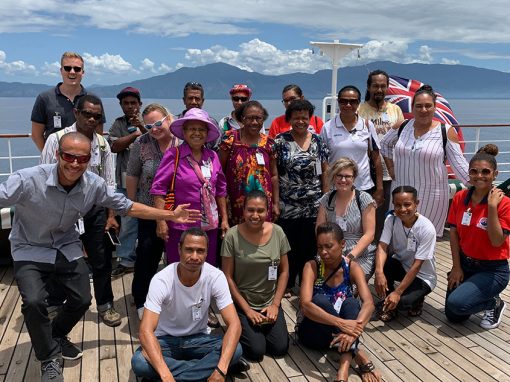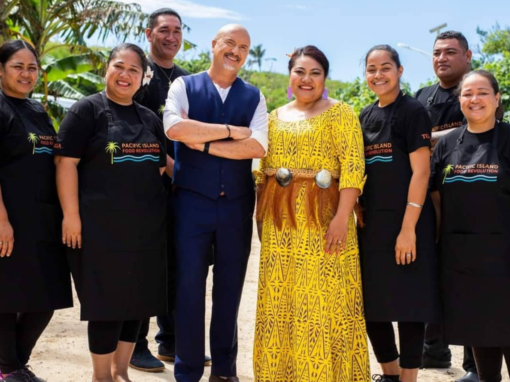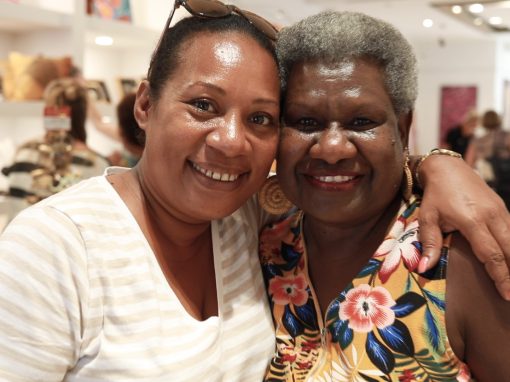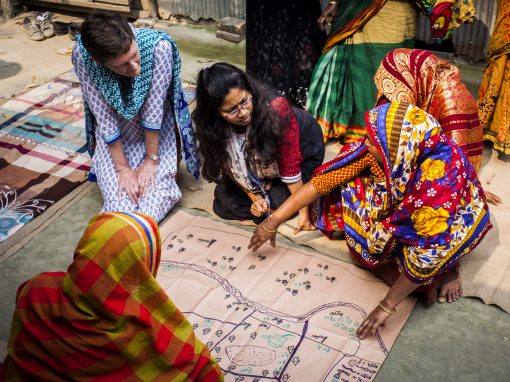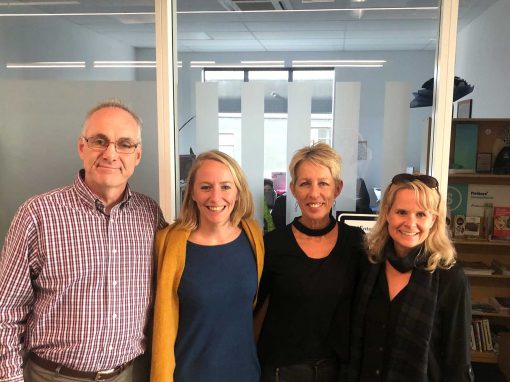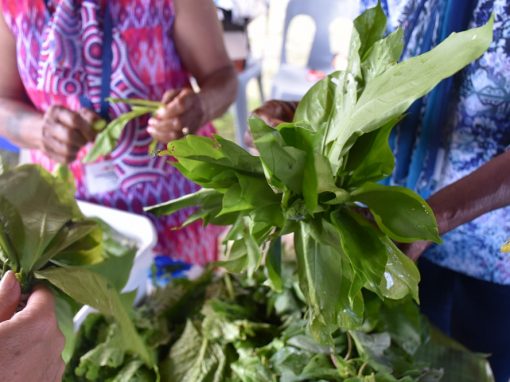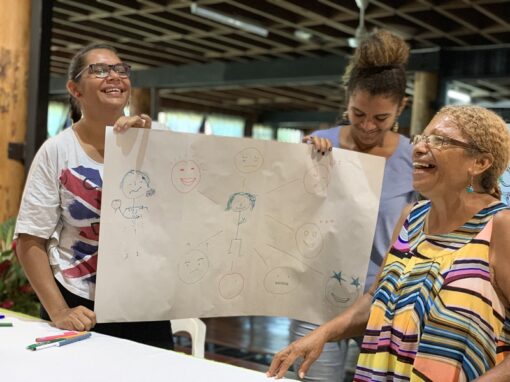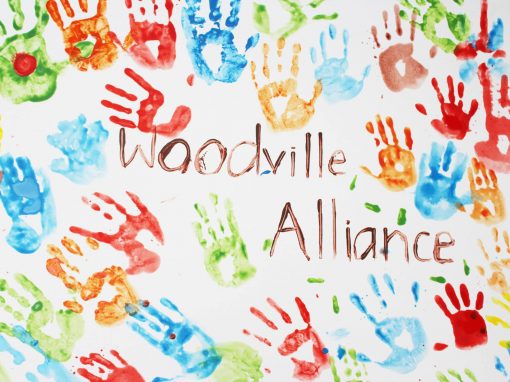Cultivating a sustainable business model for food systems initiative
Inspiring Pacific Islanders to return to local cuisine to benefit their health
What was the opportunity?
Pacific Island Food Revolution (PIFR) was food systems initiative established in June 2018 as a communications-for-development program, set to re-ignite Pacific islanders’ love for their traditional nutrient-dense diet, and begin to tackle the Non-communicable Disease (NCD) crisis across the region. In just 2.5 years, PIFR has:
- Delivered two high-quality edutainment-style television series, designed to motivate healthy eating, attracting an audience of five million viewers every week
- Delivered extensive social media, radio and print campaigns, as well as on-the-ground community engagements
- Built the capacity and profile of Pacific food entrepreneurs and food system advocates, which has enabled new food system change projects on the ground
- Demonstrated strong signs of early impact, as evidenced through the program’s independent Lab Study and feedback from viewers, contestants and partners.
In 2020, PIFR and DT Global (who manage the PIFR Program) approached TDi to help them identify and plan their transition to a new sustainable business model and new entity, to further their impact in the region.



Tell us the ‘nitty gritty’ details…
Over 6 months, we worked with PIFR to help them navigate their next stage. First, we assessed PIFR’s options for ongoing financial sustainability and developed a plan for testing and refining PIFR’s future business model. Then we worked in collaboration with PIFR and DT Global to:
- Test and refine PIFR’s value proposition to potential funders
- Develop a Transition Plan for moving PIFR from a DT Global managed program, to an entity in its own right.
The work was dynamic and iterative. We played a key role in helping the team stay grounded and strategic, in amongst the ambiguity of a changing funding landscape. We used creative methods to draw out their vision and values and then used customer insights to anchor PIFR’s business model in reality. Following this we developed a best-laid plan for transition to a new entity. This included identifying options for the legal structure and location, the workforce model, and high-level cashflow forecasts against several scenarios. We also built out a transition plan which laid out the key steps PIFR and DT Global would need to take in order to transition the new model.
The Outcome
At the end of the project PIFR and DT Global reflected that the project has really helped them to make key decisions and gave them the best laid plan to execute. The PIFR team are currently executing on the transition plan.
“They really listened to us. They didn’t have a prescribed idea of what we should look like. They brought a lot of experience to the process that I’ve never had – around social enterprise knowledge and development. They also had a clear plan and design, to pull out of us, and get down to what was important and then present it back to us.”
– Robert Oliver, founder of PIFR
learn more about our work
